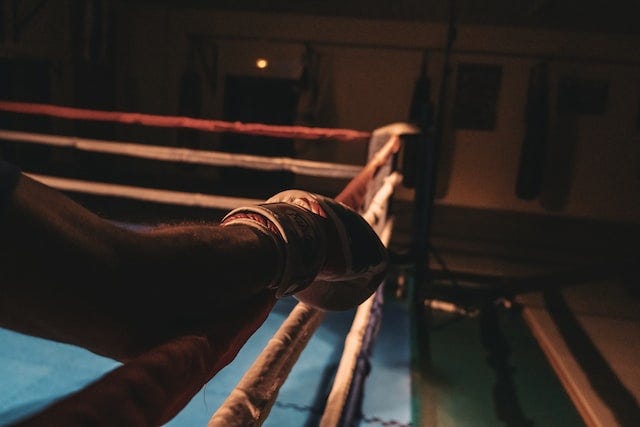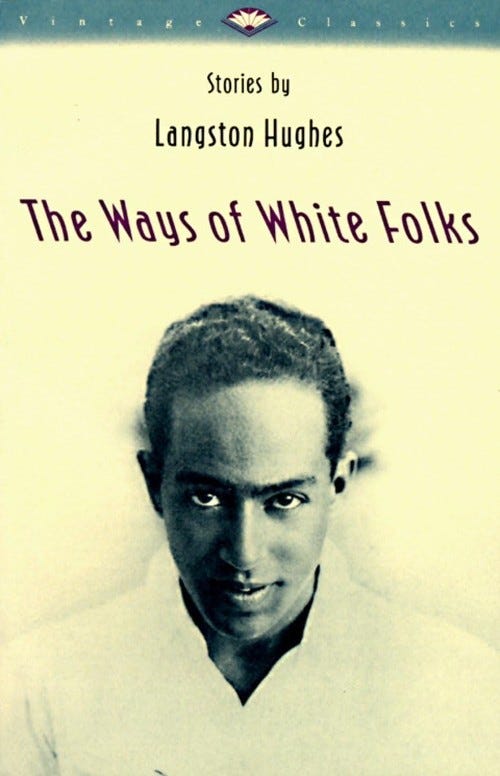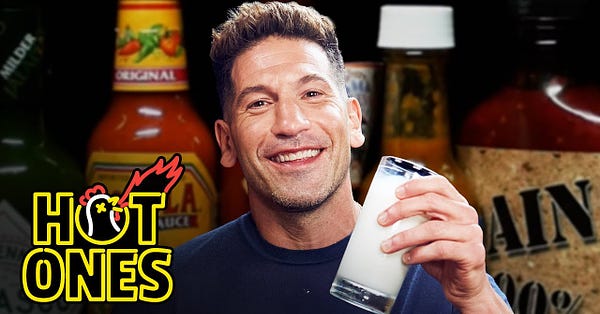'Tulsa King,' 'Creed III' and Sylvester Stallone's anti-'dark space' stance
Is the problem with 'Creed III' that there is no white hero to look up to?

Any movie starring Michael B. Jordan and/or Tessa Thompson is one I’ll watch. Now add in Jonathan Majors, and it’s a definite “yes.” Although the first “Creed” was better to me than “Creed II,” I still watched the sophomore flick a fanatical amount of times and am counting down the days until “Creed III” releases. The way “Creed II” ended gave Sylvester Stallone’s return a roll of the dice. I could just as easily see him returning from Canada with “This Is Us” star Milo Ventimiglia (who played Rocky’s adult son) as easily as his character dying off from cancer.
What I didn’t see coming was Stallone being so vocal about the third film being “too dark.” From the trailer that Michael B. Jordan shared, it looked like something I’ve seen play out multiple times in my own hometown of Chicago—minus the boxing. I had to attend Northern Michigan University to get an insider’s look at that life. I watched the trailer a couple of times and wondered what Stallone meant by this statement: “I just don’t want them going into that dark space. I just feel people have enough darkness.”
ADVERTISEMENT ~ Amazon
As an Amazon affiliate, I earn a percentage from each product purchased using my referral link.

I shrugged. I assumed the boxing star was leaning more into comedies and lighter films—that is, until I saw the trailer for his new series “Tulsa King.” This film is about a criminal (played by Stallone) who spent 25 years in prison after not snitching, immediately got released and started taxing a weed dispensary shop, got shot at, was in a car chase, hired a 25-year-old black guy to be his driver (and insist on him opening the car door like Stallone was Miss Daisy), and referred to a bunch of grown men (including one Native American and two African-American men) as “my children.”
Stallone, what was that you said about not wanting films to go into a “dark space”?
Recommended Read: “Black people didn’t ask you to ‘save’ them ~ Why the savior complex is so exhausting to those who didn’t ask you to be”
Is the problem that “Creed III” is darker—or there is no white hero?
Although I attended a college full of boxers training for the Olympics, I hadn’t really put too much thought into the depiction of boxing in films until Jon Bernthal brought it up on “Hot Ones.” The actor, whose nose was broken 14 times in real-life street fights, didn’t hesitate to point out how boxing is predominantly full of black men. Looking at a “Creed” film is more realistic than a “Rocky” film, but the legendary ‘80s movie never depicted it that way.
Why? Making white guys the heroes in these stories sells tickets. I see the same kind of tone when “Birth of a Nation” and “Emancipation” released versus “Django.” An uncomfortable amount of white people need a white person in the film to save black people in order to like an action or dramatic film. (In Bernthal’s “American Gigolo,” Wayne Brandy and Yolonda Ross’ characters are his equals. In “The Punisher,” same goes for Jason R. Moore. This is why I love Bernthal’s projects so much.) However, when this save-a-black person storyline doesn’t happen, the film too often falls into the “black film” category and/or is dismissed.
I don’t know how else to explain why Stallone feels “Creed III” is too dark versus “Tulsa King,” which clearly has a lot of criminal activity in it—and tearing a black son and his black father apart—without assuming Stallone also falls into this mindset.





